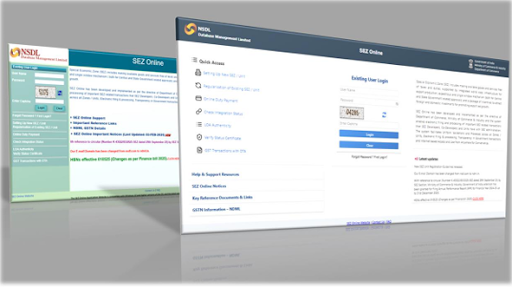India INX Derivatives Simplified
- GIFT CFO
- Jul 29
- 2 min read
Updated: Sep 12

What is Clearing in Derivatives Trading?
Clearing is the process that confirms, matches, and secures a trade post-execution. It involves:
Confirming the trade details
Calculating obligations (what each party owes)
Managing margin requirements
Preparing for settlement
Who Does the Clearing? Clearing is handled by the India International Clearing Corporation (IICC), which acts as the:
Central Counterparty (CCP) — guaranteeing every trade
Risk Manager — collecting margins, monitoring exposure
Settlement Agent — ensuring cash and contracts are exchanged
What is Settlement?
Settlement is the final step — where funds and positions are transferred between counterparties. It can be:
Cash Settled (most derivatives): Profit/loss is settled in money
Physical Delivery (rare in IFSC): Actual assets are exchanged
Example: If a trader holds a profitable position on Nifty Futures, they receive the profit in USD on settlement day.

Settlement Timelines
Contract Type | Settlement Cycle | Remarks |
Futures (Index/Currency) | T+1 (Next business day) | Net profit/loss settled in USD |
Options | T+1 or on expiry | Buyer pays premium upfront; profit settled post-expiry |
Currency Futures | T+2 for certain cross-currency pairs | Due to forex movement/clearing differences |
Settlement Guarantee Fund (SGF)
IICC maintains a Settlement Guarantee Fund to cover defaults by members.
Key Features:
Funded by member contributions
Activated if a party fails to honor obligations
Protects systemic risk — trade settlement still occurs even if one side defaults
Example: If a clearing member can't pay their losses, IICC uses SGF to fulfill the payout, maintaining trust in the system.
Investor Protection Measures
India INX and IICC implement several safeguards for investors to ensure fair, transparent, and secure trading:
Transparency & Disclosure
All contract specs, fees, and rules are publicly available
Daily reports on open interest, volume, and settlements
Margin requirements clearly communicated in advance
Surveillance Mechanisms
Real-time monitoring of unusual activity or price manipulation
Alerts generated for suspicious behavior, insider trades, or algorithmic anomalies
Default Handling
Members unable to meet settlement or margin requirements are:
Immediately suspended
Subject to liquidation of positions
Reported to IFSCA
Compliance with IFSCA Rules
The entire clearing and settlement process is governed under:
IFSCA (Market Infrastructure Institutions) Regulations
IFSCA Derivatives Circulars and Risk Guidelines
This ensures:
Independence of clearing corporations
Segregation of client funds
Legal enforceability of contracts
Real-Life Scenario: Handling a Default
Scenario: Member A sells 50 currency futures contracts but fails to provide the required MTM margin on settlement day.
What happens next?
IICC alerts and attempts recovery from Member A
If unsuccessful, SGF covers the obligation
Member A is suspended, and their positions are liquidated
Investors on the other side of the trade still get paid
Regulatory actions and penalties follow
Summary: Post-Trade Security Made Simple
Component | Function |
Clearing Corporation | Acts as central counterparty, manages risk and obligations |
Settlement | Final transfer of money/contracts (mostly cash-based) |
SGF | Back-up fund for defaults |
Investor Protections | Surveillance, transparency, and IFSCA oversight |
India INX and IICC have built a solid post-trade infrastructure aligned with international best practices, ensuring market participants from retail investors to institutions can trade derivatives with confidence and clarity.


























































































Comments